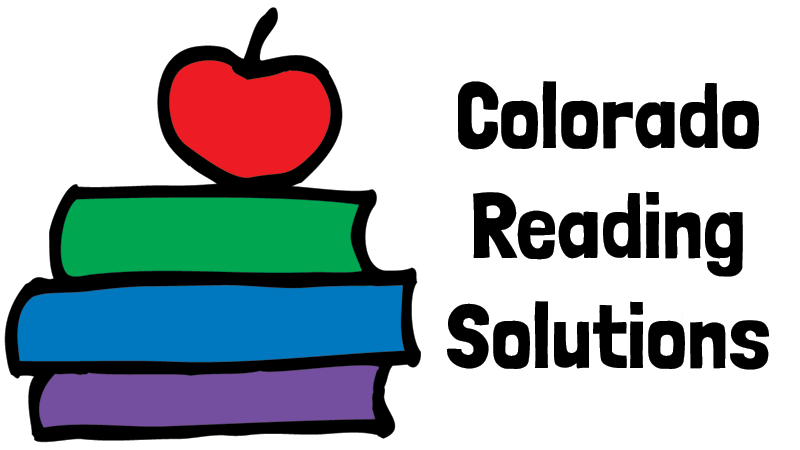Dyslexia affects 1 in 5 people. It is the most common cause of difficulty with reading, writing, and spelling.
Symptoms can include:
- Reading that is either inaccurate or slow
- Poor spelling
- Poor writing
- Difficulty pronouncing words
- Difficulty rhyming
Some people with dyslexia may also have other symptoms including challenges with:
- Learning new vocabulary
- Remembering names of objects
- Remembering math facts
- Retaining math vocabulary and/or concepts
- Following directions
- Staying organized
- Learning a foreign language
Individuals with dyslexia often show great strength in thinking and reasoning and are often creative. Many successful people are dyslexic including scientists, inventors, physicians, artists, authors, and CEOs.
Early intervention is key to helping children with dyslexia. Children who receive educational therapy/tutoring in kindergarten through 2nd grade will have significantly fewer problems than those who are not identified or receive help until 3rd grade. Most individuals with dyslexia need assistance from someone who is trained in using a multisensory, structured language approach. It is never too late for those with dyslexia to improve their reading and writing if the correct approach is used.
The common belief by some is that those with dyslexia simply reverse letters or numbers. However, dyslexia is actually a language-based learning disability and not a visual problem.
The International Dyslexia Association developed the following definition in 2002:
“Dyslexia is a specific learning disability that is neurobiological in origin. It is characterized by difficulties with accurate and/or fluent word recognition and by poor spelling and decoding abilities. These difficulties typically result from a deficit in the phonological component of language that is often unexpected in relation to other cognitive abilities and the provision of effective classroom instruction. Secondary consequences may include problems in reading comprehension and reduced reading experience that can impede growth of vocabulary and background knowledge.”
To learn more about dyslexia, go to http://www.interdys.org/FactSheets.htm
